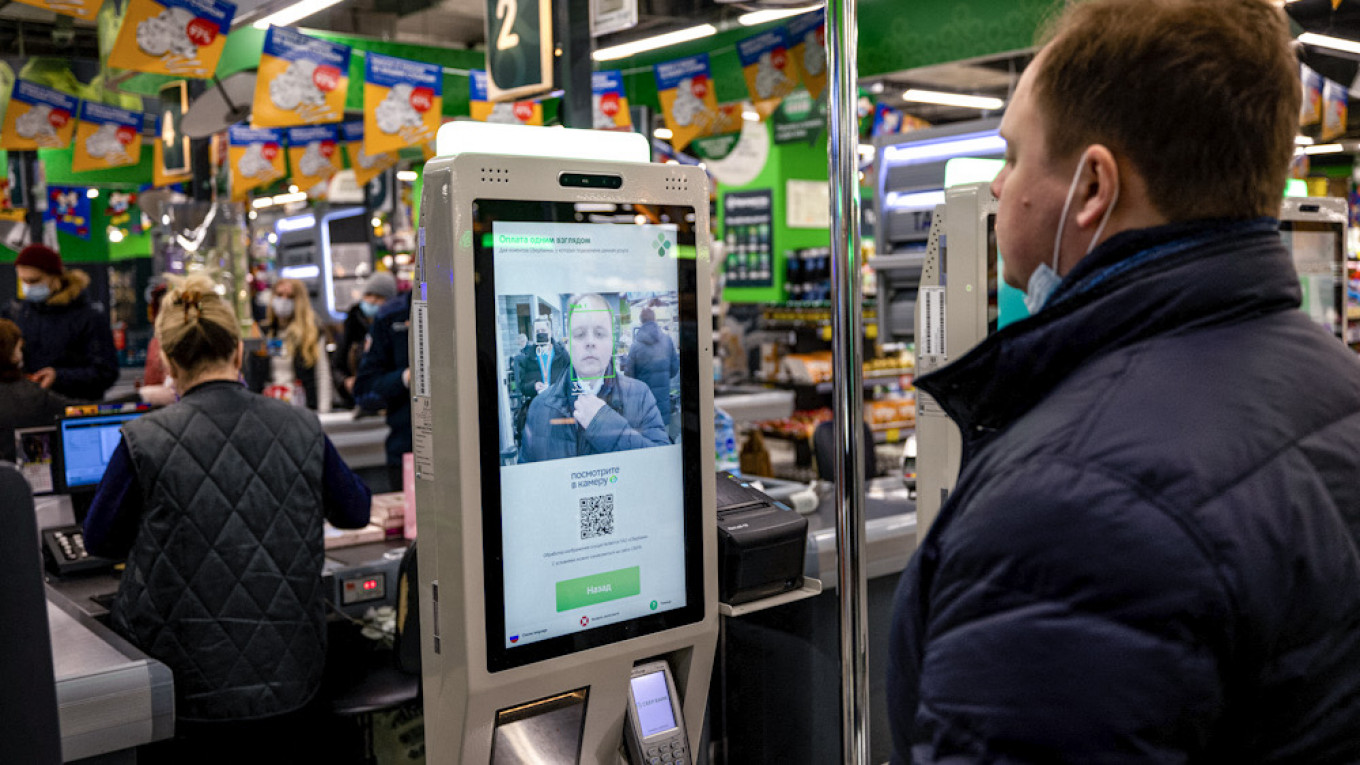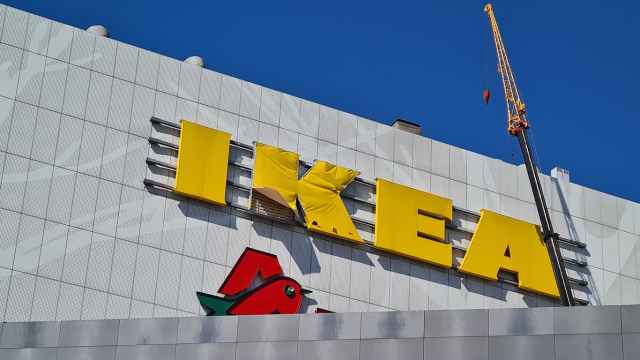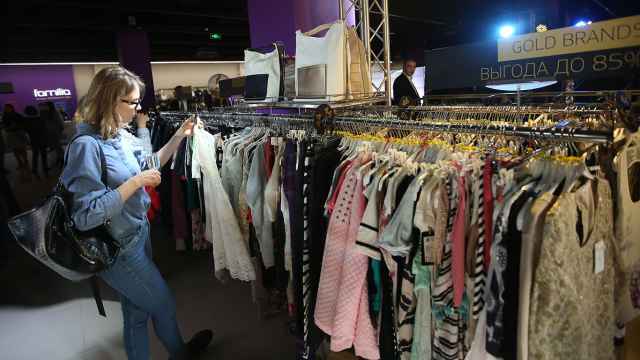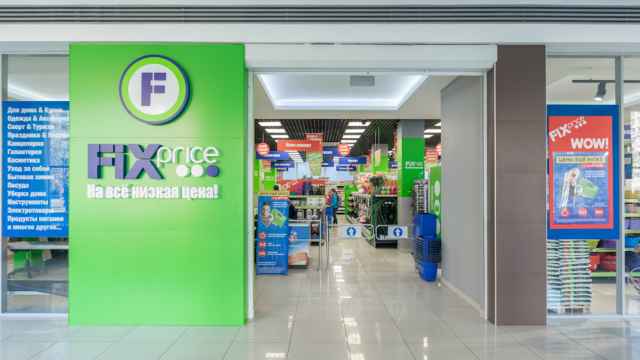Russia's X5 group, the country's leading food retailer, announced Wednesday the launch of a facial recognition payment system, the latest expansion of a technology that has sparked privacy and security concerns.
To launch its facial recognition payment system the X5 group, which owns the Pyaterochka convenience stores and the Perekrestok supermarket chain, has joined forces with the Visa payment system and Russia's state giant Sberbank that is striving to become an IT company.
The service has rolled out in 52 Perekrestok supermarkets and will expand to a total of 150 by the end of the month, X5 innovation director Ivan Melnik told AFP, adding that the system will also be available in 30 Pyaterochka stores by the end of April.
He said some 3,000 stores across Russia will feature facial recognition payment systems by the end of the year.
At a Moscow supermarket on Tuesday, the service appeared to be winning the support of younger customers.
"It's great because the 21st century is the era of technology," said 28-year-old banker Andrei Epifanov.
But he added that he thinks older people may not trust the new technology.
The service will only be available at self-service checkouts for Sberbank customers after the bank recently allowed its users to set up facial recognition to pay from their accounts.
To complete the transaction in the pandemic era, customers will need to remove their facemasks "for a second and look into the camera," the companies behind the payment system said in a statement.
"This is convenient for customers since they don't have to carry a wallet or take their phone out of their pocket," Melnik said.
"They can just use a button and pay with their face."
He said the system also ensures that facial recognition transactions are "encrypted and protected" and identity theft attempts are prevented by a 3D camera that measures the depth of a user's face.
Facial recognition is rapidly developing in Russia, raising the concerns of activists over state surveillance.
At the start of the pandemic Moscow used its tens of thousands of surveillance cameras to monitor compliance with lockdown measures.
The Roskomsvoboda digital rights NGO launched a campaign last year against the mass use of facial recognition by the authorities, highlighting abuses of the system, data leaks and lack of consent.
A Message from The Moscow Times:
Dear readers,
We are facing unprecedented challenges. Russia's Prosecutor General's Office has designated The Moscow Times as an "undesirable" organization, criminalizing our work and putting our staff at risk of prosecution. This follows our earlier unjust labeling as a "foreign agent."
These actions are direct attempts to silence independent journalism in Russia. The authorities claim our work "discredits the decisions of the Russian leadership." We see things differently: we strive to provide accurate, unbiased reporting on Russia.
We, the journalists of The Moscow Times, refuse to be silenced. But to continue our work, we need your help.
Your support, no matter how small, makes a world of difference. If you can, please support us monthly starting from just $2. It's quick to set up, and every contribution makes a significant impact.
By supporting The Moscow Times, you're defending open, independent journalism in the face of repression. Thank you for standing with us.
Remind me later.






